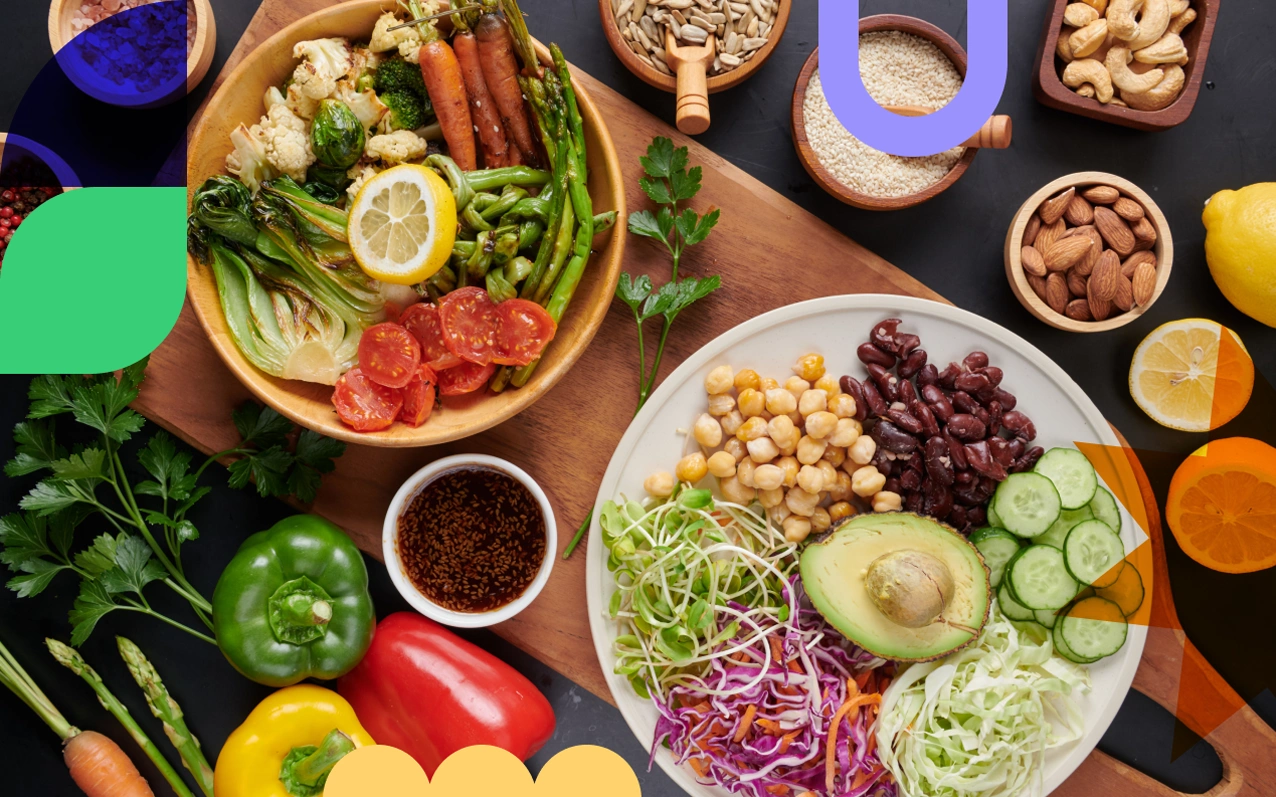As someone who has dealt with multiple food allergies and intolerances for most of my life, I understand firsthand the challenges and frustrations that come with navigating dietary restrictions. It can be overwhelming to constantly worry about what you can eat and whether or not it will make you sick. However, with proper knowledge and some helpful tips, managing food allergies and intolerances can become a little less daunting.
First and foremost, it is crucial to know the difference between a food allergy and a food intolerance. A food allergy is an immune system response to a specific food, whereas a food intolerance is a digestive system reaction to certain foods or ingredients. Allergies, ranging from mild to severe, can cause symptoms such as hives, swelling, difficulty breathing, or even anaphylaxis. Intolerances, on the other hand, typically cause digestive issues like bloating, diarrhea, or stomach cramps, but rarely involve life-threatening situations.
Once you are aware of your specific allergies or intolerances, it is important to educate yourself about the common foods and ingredients that may contain them. Reading food labels and understanding food manufacturing processes can help you identify potential allergens or irritants. Additionally, familiarize yourself with the alternative names or hidden sources of your allergens, as they can often be found in unexpected places. For example, someone with a gluten intolerance should not only avoid obvious sources like bread or pasta but also be cautious of hidden gluten in condiments, salad dressings, or even in certain medications.
Eating out at restaurants can be particularly challenging when dealing with dietary restrictions. However, with some preparation and communication, it is possible to safely enjoy a meal away from home. Call ahead and explain your allergies or intolerances to the restaurant staff, ensuring that they understand the severity of your condition. Ask about their food preparation practices and whether they have separate areas or utensils to prevent cross-contamination. In addition, always carry a card that lists your allergies or intolerances, as it can be a helpful tool to communicate your needs effectively.
When it comes to cooking at home, meal planning is key. Start by making a list of safe ingredients and build your recipes around them. Utilize cookbooks or online resources that cater to specific dietary needs, as they often provide delicious and creative meal ideas. Experiment with alternative ingredients and find substitutes that suit your tastes and needs. Thankfully, there are countless options available nowadays, whether it’s gluten-free flour, dairy-free milk, or nut-free alternatives.
Living with dietary restrictions does not mean giving up on taste and enjoyment. Take the opportunity to discover new foods and flavors that are safe for you to consume. Explore the world of spices and herbs, as they can add depth and excitement to your meals. Embrace fresh fruits and vegetables, which should be a staple in any healthy diet. Experiment with different cooking techniques, such as grilling, steaming, or roasting, to enhance the natural flavors of your dishes.
Managing dietary restrictions also involves being mindful of your overall health and well-being. It is important to ensure that you are getting all the necessary nutrients and maintaining a balanced diet. Consult with a registered dietitian or nutritionist who specializes in food allergies and intolerances, as they can help you create a meal plan that meets your specific needs. They can also recommend appropriate supplements, if needed, to fill any nutritional gaps that might occur due to restricted food choices.
Lastly, it is essential to maintain a positive mindset and surround yourself with a supportive community. Reach out to support groups, online forums, or social media platforms where you can connect with others who understand the challenges you face. Share experiences, tips, and recipes to help make your journey a little easier. Remember that you are not alone, and there are countless others out there who have successfully adapted to their dietary restrictions.
In conclusion, managing dietary restrictions can be a personal and sometimes overwhelming journey. However, with the right knowledge, preparation, and support, it is possible to navigate food allergies and intolerances successfully. By educating ourselves, communicating effectively, and seeking guidance when needed, we can ensure that our dietary restrictions do not limit our ability to live a healthy and enjoyable life.
